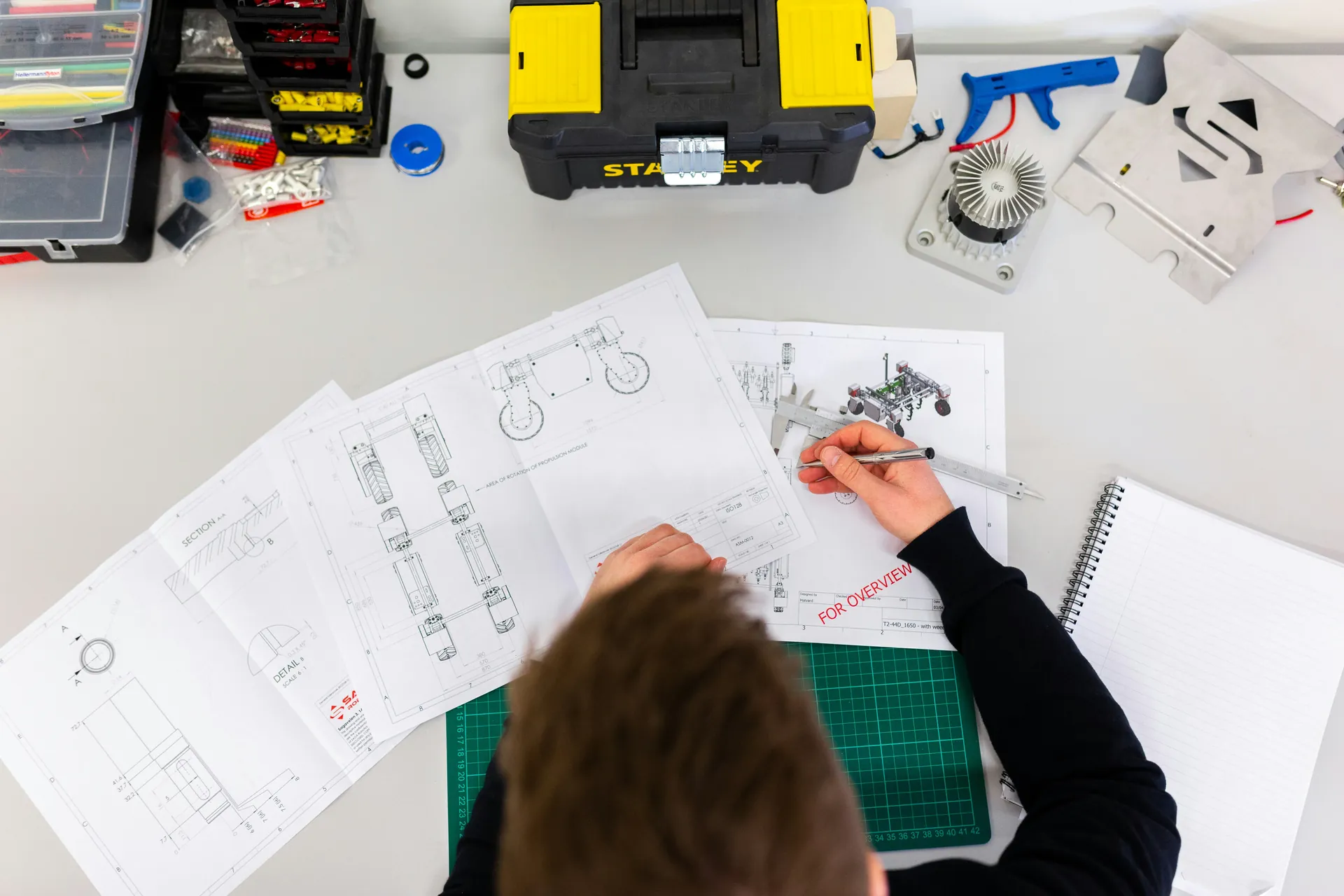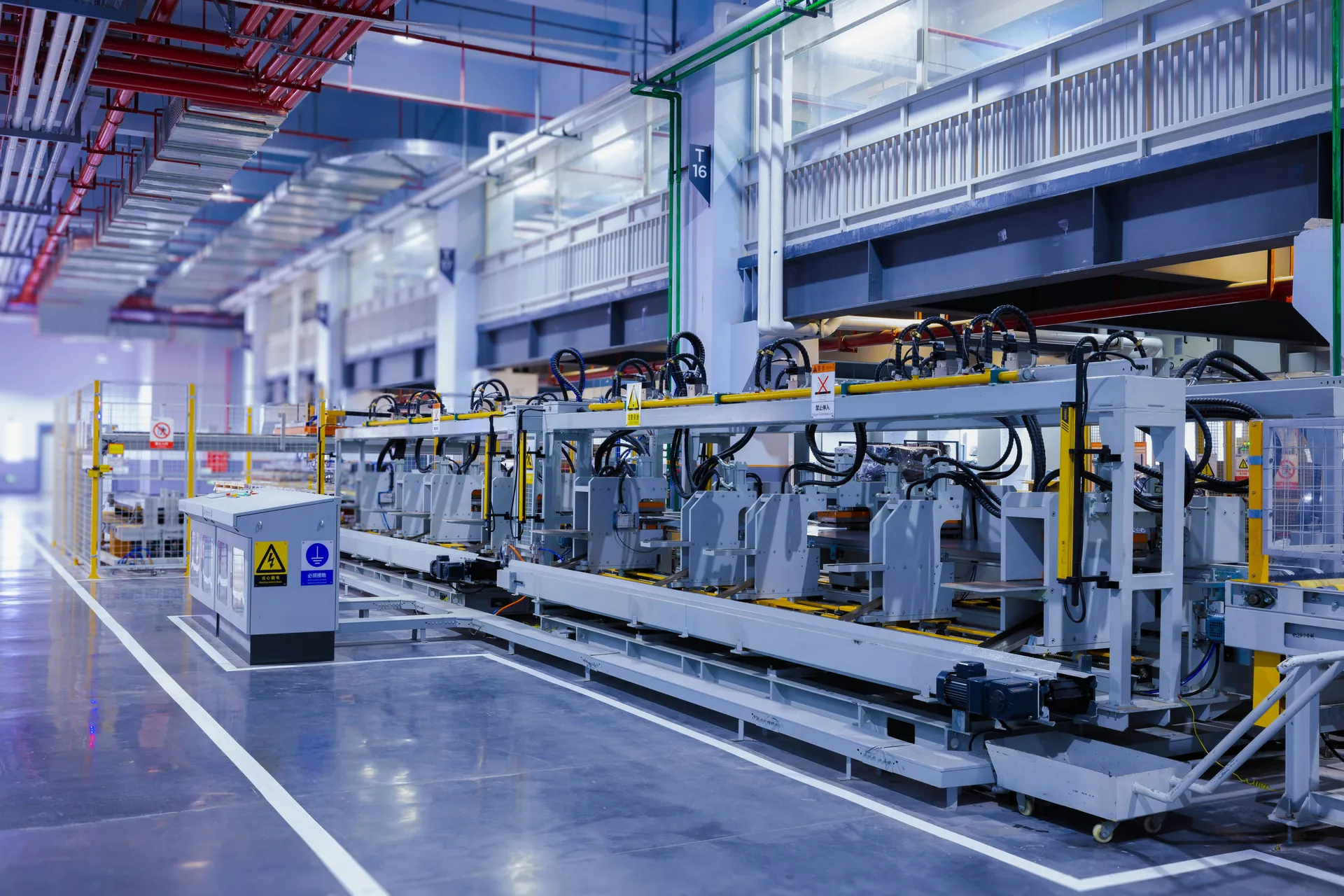If you are a professional in the construction and engineering industry, particularly in the USA, you are likely familiar with the transformative impact of Building Information Modeling (BIM) and automation. As the industry continues to evolve, the demand for specialists who can leverage BIM software and automation technologies to enhance design, construction, and project management is rapidly increasing. For those interested in BIM and automation roles, this is an exciting time, with numerous job openings across various sectors, including civil engineering, structural engineering, mechanical engineering, and electrical engineering.
In this article, we will delve into the roles of BIM specialists, the growing importance of automation in construction, and highlight some of the current job openings and trends in the USA.
Understanding the Role of BIM Specialists

Core Responsibilities
BIM Specialists play a pivotal role in the architecture, engineering, and construction (AEC) industry. Their responsibilities are multifaceted and critical to the success of projects. Here are some of their key duties:
BIM Specialists are responsible for coordinating and managing BIM project setups, data sets, and workflows. This includes developing and implementing BIM standards, protocols, and workflows to ensure compliance with industry standards and project requirements.
They assist in creating data exchange documents, such as OIR, PIR, AIR, and EIR, and contribute to the development of parametric and computational design workflows. Additionally, they support the implementation of laser scanning and reality capture technologies, and prepare bid packages and requests for proposals (RFPs) using BIM data.
Collaboration is key for BIM Specialists. They work with various stakeholders, including architects, engineers, cost estimators, and project managers, to integrate design information into BIM models and ensure BIM deliverables are met. They also conduct BIM model coordination sessions, perform clash detection, and resolve conflicts to maintain the integrity and accuracy of the models.
Skills and Qualifications
To excel as a BIM Specialist, one must possess a combination of technical, analytical, and interpersonal skills.
Technical Skills: BIM Specialists need to be proficient in BIM software such as Revit, Navisworks, and other modeling tools. They should have a strong understanding of 3D modeling, parametric design, and clash detection. Knowledge of virtual design and construction (VDC) practices and experience with lifecycle management of BIM models are also essential.
Analytical Skills: BIM Specialists must be able to analyze and validate BIM models for compliance and constructability. They need to extract quantities, perform material takeoffs from BIM models, and ensure data integrity and accuracy within the models.
Interpersonal Skills: Effective communication and collaboration are essential for BIM Specialists. They must communicate technical subject matter clearly to team members, facilitate training sessions, and maintain daily contact with project teams to understand BIM needs and requirements. The ability to work in cross-functional teams and foster collaboration among stakeholders is vital.
Additionally, BIM Specialists should stay updated on the latest BIM technologies and industry trends. They must be capable of implementing new methods and solutions to improve efficiency and project outcomes.
The Rise of Automation Specialists in Construction

Job Description
The role of Automation Specialists in the construction industry is rapidly gaining significance as companies aim to streamline processes, enhance efficiency, and reduce manual labor. Here’s a detailed look at what this role entails:
Automation Specialists in construction are responsible for leading automation efforts across various project phases. This includes establishing and managing construction automation applications, reviewing their performance, and recommending adjustments to align with project strategies and compliance requirements. They focus on automating repetitive tasks, such as data management, 3D modeling, and clash detection, to improve project timelines and accuracy.
These specialists analyze existing business processes to identify areas for improvement and automation. They design, develop, and implement automation solutions using a variety of tools and techniques, including programming languages and automation software like UiPath, Automation Anywhere, and Blue Prism.
Additionally, they collaborate with cross-functional teams, including architects, engineers, and project managers, to ensure that automation solutions meet the needs of all stakeholders.
Automation Specialists also play an important role in maintaining and upgrading existing systems. This involves troubleshooting issues, modifying software code, and ensuring that systems are up-to-date with the latest technology trends.
They provide technical support, training, and maintenance of automation technology systems, which is essential for the smooth operation of construction projects.
Qualifications and Expertise Needed
To succeed as an Automation Specialist in the construction industry, one must possess a combination of technical, analytical, and interpersonal skills.
From a technical standpoint, Automation Specialists need to be proficient in programming languages such as Java, Python, and C#, as well as web technologies like HTML, CSS, and JavaScript. They should have experience with automation tools, databases such as SQL or Oracle, and 3D modeling software like Revit and Navisworks.
Knowledge of virtual design and construction (VDC) practices and experience with lifecycle management of BIM models are also highly valued.
In terms of analytical skills, Automation Specialists must be able to analyze business processes, identify areas for automation, and develop solutions that improve efficiency and productivity. They need to have strong problem-solving skills to handle troubleshooting issues and create technical automation control systems to prevent problems before they occur.
Interpersonally, Automation Specialists should be effective communicators and collaborators. They need to work closely with various teams, including software developers, quality assurance analysts, and project managers, to deliver high-quality automation solutions. Excellent communication skills, both written and verbal, are essential for explaining technical solutions to non-technical stakeholders and for documenting automated processes.
A bachelor’s degree in Computer Science, Information Technology, or a related field is typically required, along with a minimum of 4 years of experience in process automation. Additional certifications in automation tools and technologies can be highly beneficial.
Current Job Openings and Trends

Geographical Hotspots
The demand for BIM and automation specialists is not evenly distributed across the USA, with certain cities and regions emerging as hotspots for these roles.
Cities like New York, Los Angeles, and Houston are among the top destinations for BIM professionals due to their robust architectural, engineering, and construction industries. These cities are home to numerous major construction projects, including infrastructure expansion, smart city developments, and sustainable building initiatives, which drive the need for skilled BIM and automation specialists.
Other notable cities include San Francisco, where companies like TEECOM are actively hiring BIM specialists and automation engineers to support their growing operations in the Bay Area. Similarly, cities in the Pacific Northwest, Southern California, and Texas are also seeing an increase in BIM job opportunities.
These geographical hotspots offer not only a high volume of job openings but also competitive salaries and career growth opportunities, making them attractive locations for professionals in the BIM and automation field.
Emerging Opportunities
The job market for BIM and automation specialists is not only growing but also evolving, with several emerging trends and opportunities.
One of the significant trends is the integration of automation in various aspects of the construction process. Companies are increasingly looking for professionals who can develop and implement automation tools using technologies like Dynamo, Revit API, and Python. This includes automating repetitive tasks, enhancing data management, and improving the overall efficiency of project workflows.
The rise of virtual design and construction (VDC) is another area of emerging opportunity. VDC involves the use of BIM and other digital tools to plan, design, and construct buildings. Specialists in this area are in high demand as companies seek to streamline their design and construction processes and reduce errors and costs.
Additionally, the adoption of machine learning and other advanced technologies is opening up new avenues for BIM and automation specialists. For instance, machine learning can be used to predict construction timelines, optimize resource allocation, and improve the accuracy of BIM models.
This convergence of technologies is creating a new wave of job opportunities for those with the right skill set.
Remote work is also becoming more prevalent, with companies like TEECOM and Advenser offering remote positions for BIM and automation specialists. This shift towards remote work expands the job market beyond geographical boundaries, providing more flexibility and opportunities for professionals.
Conclusion
In conclusion, the integration of BIM and automation in the construction industry is a true game-changer, offering improved efficiency, accuracy, and cost savings. BIM automation streamlines repetitive tasks, enhances collaboration, and reduces errors, making it indispensable for modern construction projects.
Key benefits include automated 3D modeling, clash detection, quantity takeoffs, and compliance with sustainability standards. As the industry continues to evolve, embracing BIM automation is essential for staying competitive.
Professionals should leverage tools like Revit, Dynamo, and Python to automate tasks. Companies such as Stantec are already actively hiring specialists in these areas. Don’t miss out on the opportunity to be at the forefront of this technological revolution.
Invest in developing your skills in BIM and automation, and explore the numerous job openings available in the USA. By doing so, you will not only enhance your career prospects but also contribute to the transformation of the construction industry.
FAQ
What are the typical responsibilities of a BIM Automation Specialist in the USA?
A BIM Automation Specialist in the USA typically has the following responsibilities:
- Developing and implementing automation scripts and custom tools to enhance BIM workflows and automate repetitive tasks.
- Establishing and maintaining computational design workflows, ensuring interoperability between platforms like Revit, Rhino, and Navisworks.
- Automating BIM modeling tasks, optimizing workflows, and ensuring QA/QC of BIM models.
- Supporting project teams through technical consultation and computational design expertise.
- Developing and maintaining custom scripts and tools to streamline design and documentation processes.
- Facilitating updates of CAD drawings, BIM models, and providing lifecycle documentation.
What qualifications and experience are usually required for BIM Automation Specialist roles?
For a BIM Automation Specialist role, typical qualifications and experience include:
- A Bachelor’s degree in a related field such as Engineering, Computer Science, or equivalent professional experience.
- Proven expertise in Dynamo scripting, Revit APIs, and BIM software, particularly Revit.
- Strong experience with automation tools, Power BI integration, and AI applications for BIM.
- Excellent problem-solving skills, attention to detail, and the ability to work collaboratively.
- Familiarity with MEP systems, Green Building XML (gbXML), and advanced analytics.
Which programming languages and software tools are commonly used by BIM Automation Specialists?
BIM Automation Specialists commonly use Python as a primary programming language, often in conjunction with Autodesk Revit and its graphical programming interface, Dynamo. Additionally, tools like Grasshopper for Rhino and scripting languages such as C# are also utilized to automate and optimize BIM workflows.
What kind of work environment and team collaboration can a BIM Automation Specialist expect in their role?
A BIM Automation Specialist can expect a fast-paced, collaborative work environment. They will work closely with BIM managers, engineers, and other team members to identify automation needs, develop solutions, and ensure consistent workflows.
The role involves mentoring, providing technical support, and staying updated with industry trends and best practices.